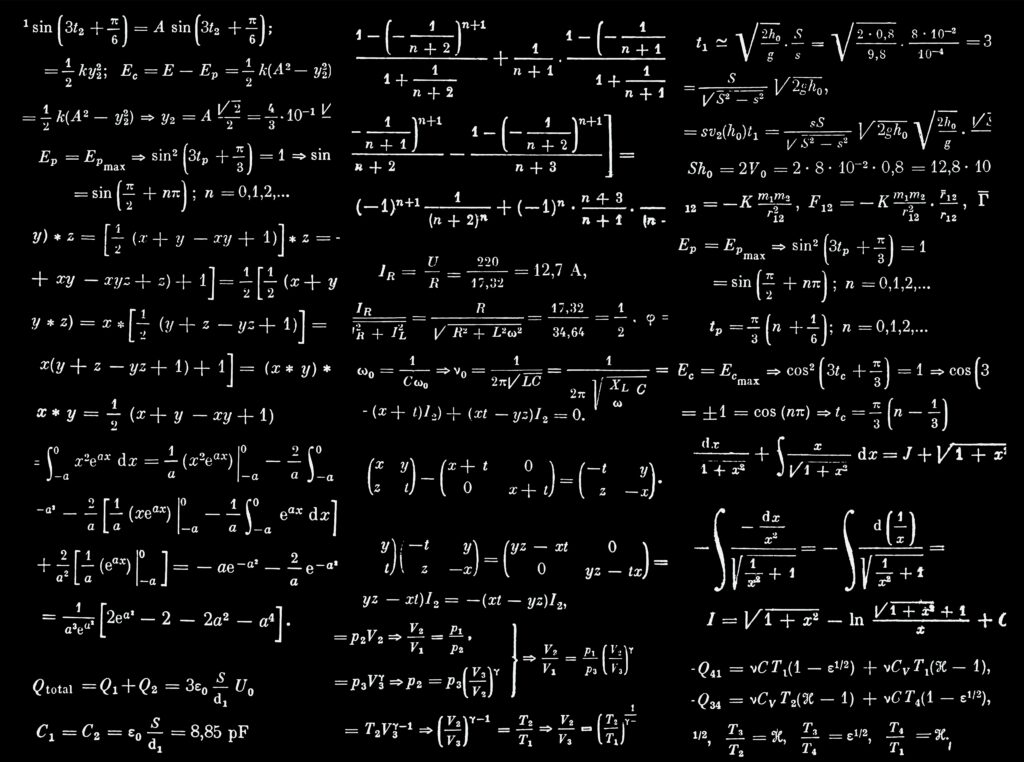Prompt: Based on your reading, would you consider your current instruction style more behaviorist, cognitivist, or constructivist? Elaborate with your specific mindset and examples.
My current instruction style is definitely behaviorist. I have a really good memory, so I have always succeeded when it came to behaviorist learning styles in school. I like knowing that every question has a correct answer, and as long as I have that answer, I cannot be incorrect. Additionally, I am someone who appreciates consistency and repetition. I learn best when the structure of a class is the same every day and when I know what to expect. Without this structure, I will often get stressed about what is to come, and that I am going to miss or misunderstand something.

A prevalent example is math. Every math question has a correct answer. Once I learn the answer and method of solving one question, I can recreate it for all other questions of that type. When I study math, I do a question over and over again until I can get every question of that format correct. With a behaviorist instruction style, I am much more confident with my answers, as I know that they are correct, and can practice and memorize them. I take pride in knowing that my answers are right, as I am someone who is prone to second guessing myself a lot. Further, with enough studying, I can ensure that I know all of the course material. Continually practicing and memorizing the material allows me to enforce the association between the questions and answers (West, 2018).
With other learning styles, there is often more than one correct answer, and it is sometimes expected of the students to figure it out amongst themselves (West, 2018). I often struggle with this, as I worry that the answer that I chose is incorrect, and that I have misunderstood the topic. Even when my answer is correct, I continue to feel that it could have been better.
Ultimately, I prefer the behaviorist style of instruction because it aligns with my personality and how my brain works. It allows me to thrive in a classroom setting, and has helped me throughout my years of schooling.
References
West, R. E. (2018). Foundations of Learning and Instructional Design Technology. EdTech Books.
Yes, I couldn’t agree with you more. In my opinion, the most important thing to learn mathematics is to learn to draw inferences by analogy. When encountering problems, I should think about the relationship between this topic and the problems I have done before, and whether I can use similar ideas to solve problems.
Hi Ariana! I really enjoyed your post and I find it really interesting that you reflected on how you learn, specifically how you enjoy knowing you are correct with the math example, which allowed you to determine that you are a behaviourist! I also like how you mentioned that this method fits best with your personality as I feel most people have a harder time to figure out how their personality fits with their teaching style. Thank you for sharing!
Hi Ariana! I quite enjoyed your blog post, and I loved that I got to know more about you through your blog post on behaviourism. Bhaviouristic strategies seem to work quite well for many people whose blogs I have read. The more exposure we have to certain ideas, the more familiar with them we become, thus allowing us to connect and expand what we have learned onto other ideas. I’m glad you recognize what learning strategy works best for you. Recognizing what sorts of strategies help you learn best leads to ultimate university success. However, if you plan on being a teacher someday, it is essential to remember that not everyone learns the way you learn. In the future, your students might need some learning strategies from cognitivism or constructivism since that is how they might learn best.
Again, thank you 🙂
Amelia